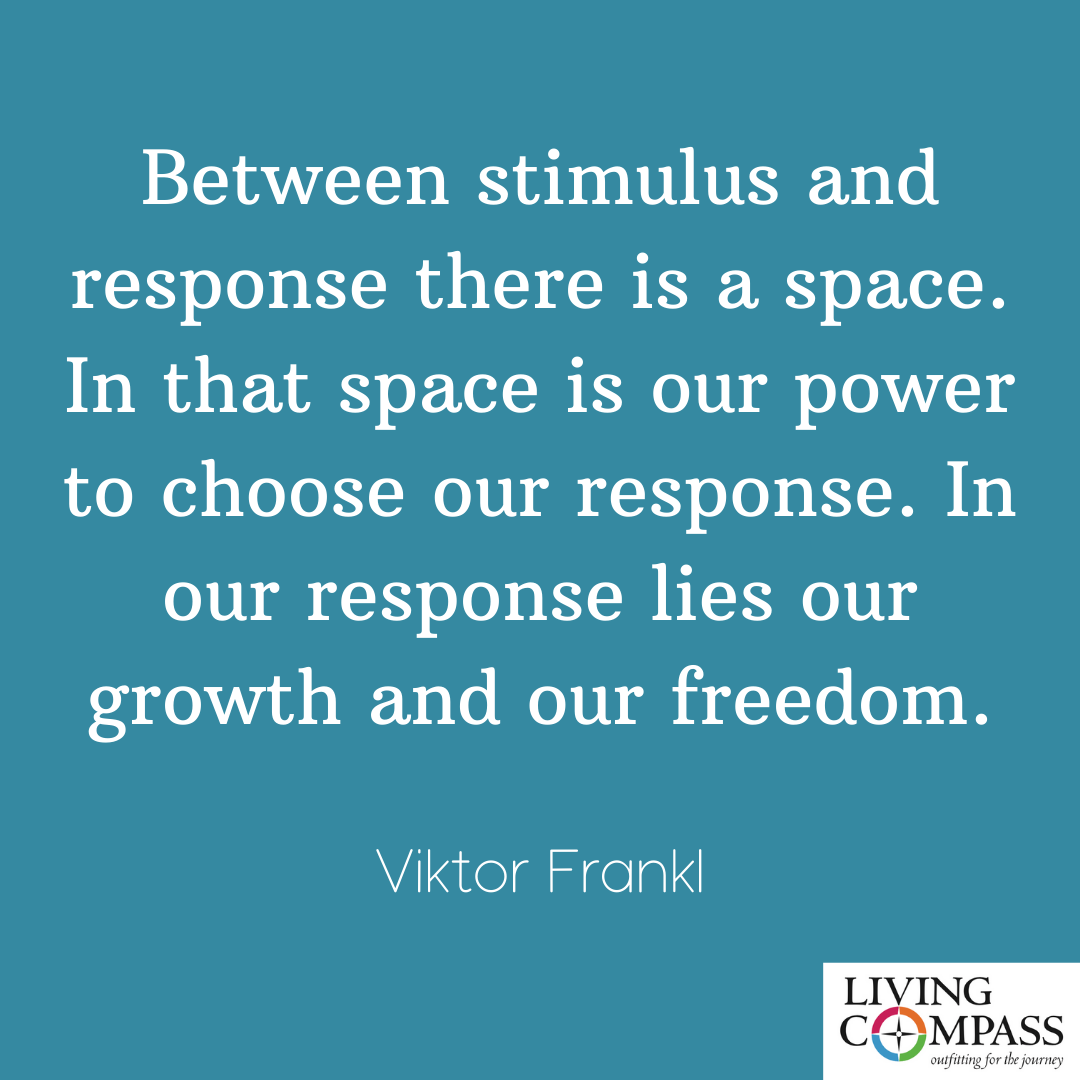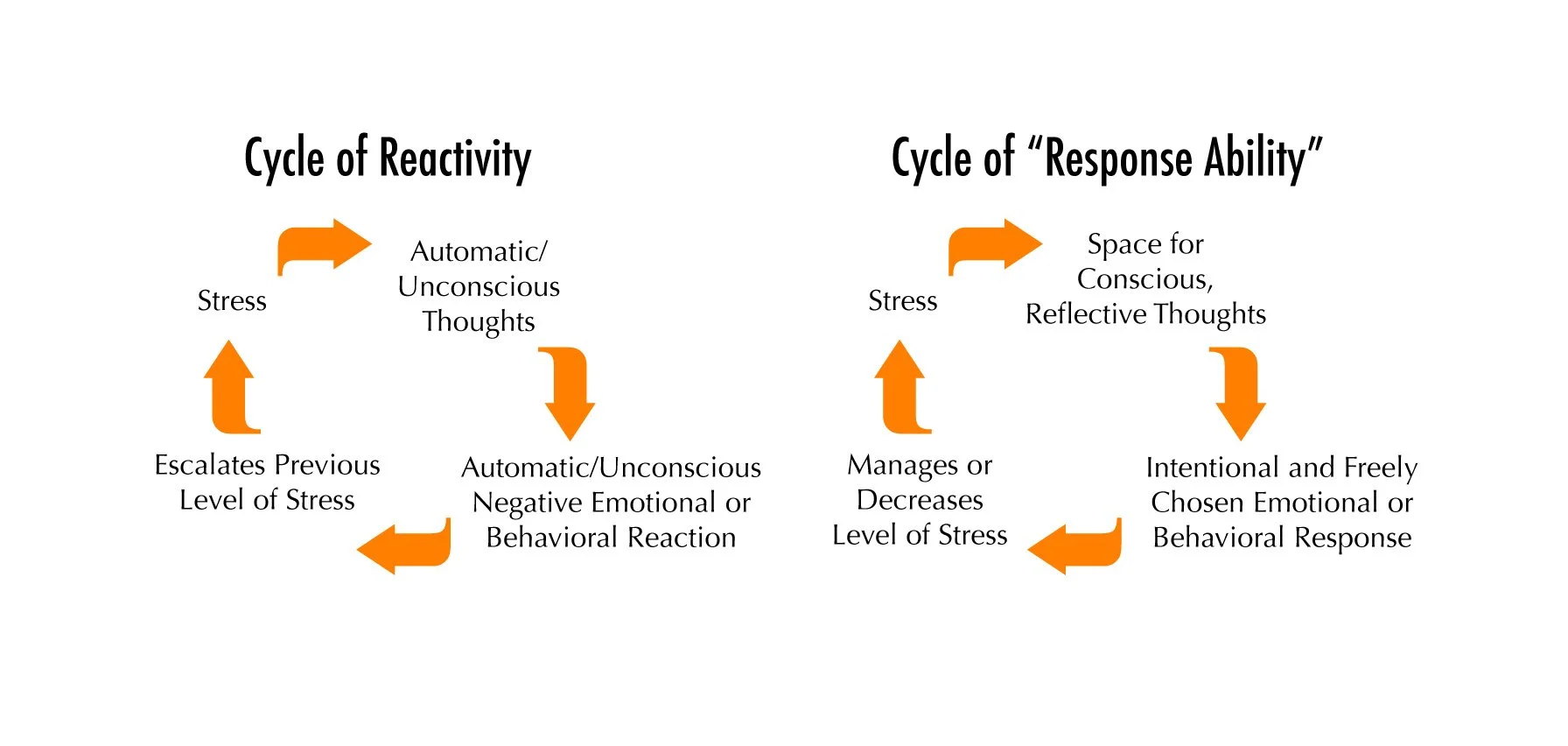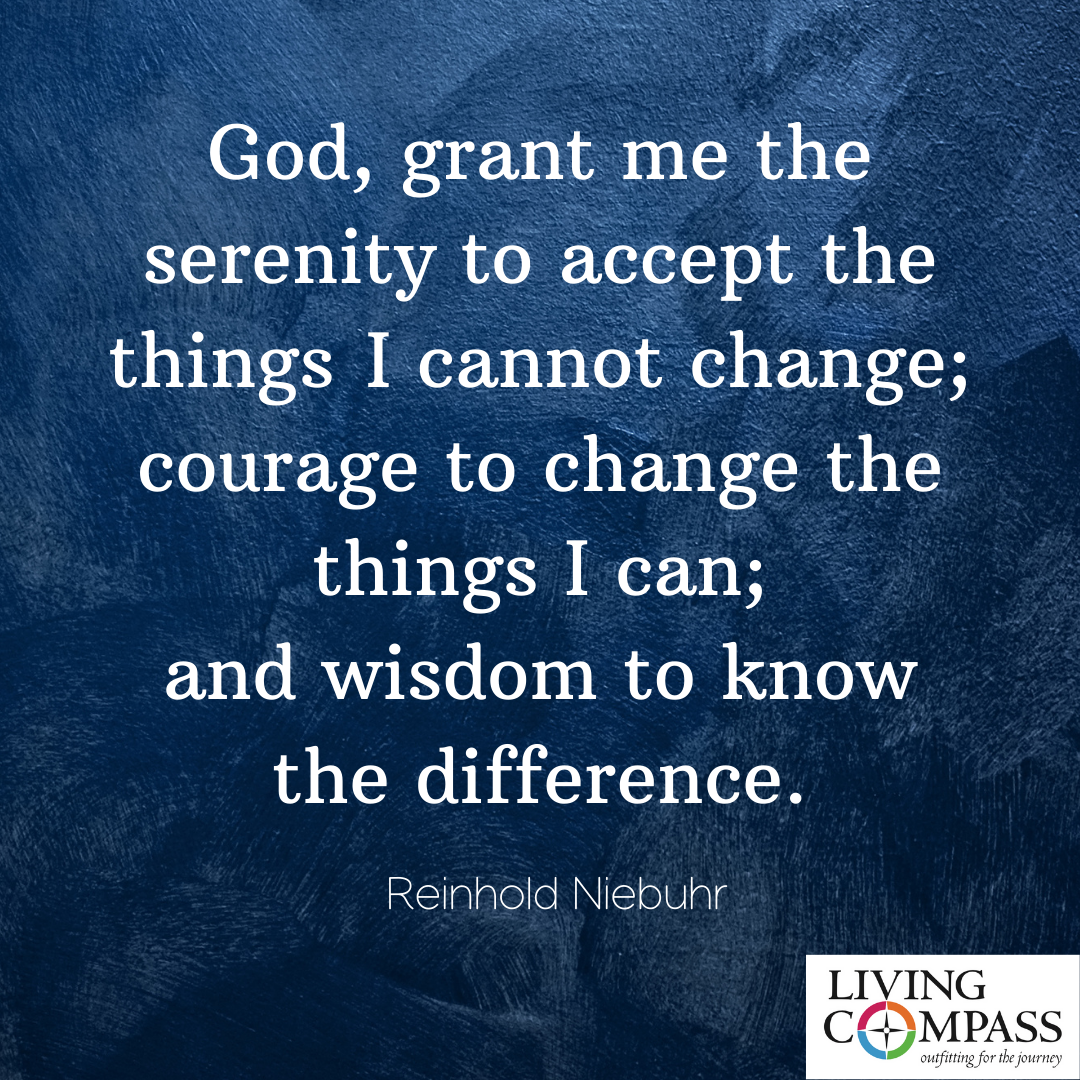Staying Sharp
This week's column will be shorter than usual because I am about to practice a little self-care, the subject about which I am writing today. The column's brevity is related to the fact that it is an unusually warm and beautiful fall afternoon here in Wisconsin, and I need to get outside for a trail run before the sun sets.
Yesterday, while preparing lunch, I tried to cut one of our last summer tomatoes with a very dull knife. My initial attempt to cut into the tomato was not successful because of the dullness of the blade. Feeling a little frustrated, I tried again, this time putting a lot more pressure on the knife. The results were predictable. The tomato collapsed, and the insides of the tomato squirted all over the counter. I consider it a lesson learned—always use a sharp knife while cutting a ripe tomato.
So what does sloppily puncturing a tomato have to do with the topic of self-care?
During these challenging times, it is easy to neglect caring for our own well-being. When we do, we lose our edge, and like the knife I was using to cut the tomato, we are unable to cut through the tasks and challenges that would ordinarily be easy for us. Furthermore, I know that when I become dull from lack of self-care, I typically make a mess of things. I often make more work for myself (and others) in the long run by thinking that applying more pressure to the situation will help, and instead, I make a bigger mess.
For each of us, self-care can look a little different. Most of us already know, though, what helps us to be sharp. I know I do. I just have to remember to be disciplined enough to do it. For me, it’s meditation/prayer, daily runs or bike rides, intentional time connecting with family and friends, eight hours of sleep each night, and significant time away from screens (TV, computers, and phone) each day.
So with just a little more than one hour of daylight left right now, I have to run, literally.
Please remember that self-care is never selfish. In fact, it is essential if we want to stay sharp and make fewer messes during these challenging times.
Subscribe Now to Weekly Words of Wellness:
Click the button below to signup for the e-mail version of Weekly Words of Wellness. This weekly article can be shared with your community electronically and/or used for group discussion.
You can unsubscribe at any time.





